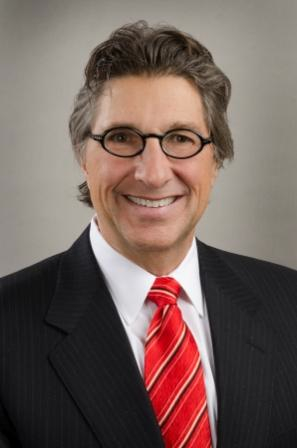Provided by Joseph V. Curatolo
Your first RMD from a traditional IRA and an employer retirement plan must be taken for the calendar year in which you turn 70-1/2. However, if you’re still working, you can delay RMDs from your current employer’s plan until the year you retire (but only if allowed by the plan and you are not a 5 percent owner).
In general, you must take your RMDs no later than Dec. 31 of each calendar year to avoid a serious tax penalty equal to 50 percent of the amount you failed to withdraw. However, a special rule applies to your first RMD. You have the option of delaying your first distribution until April 1 of the following calendar year.
You might delay taking your first distribution if you expect to be in a lower income tax bracket in the following year, perhaps because you’re no longer working or will have less income from other sources. However, if you wait until the following year to take your first distribution, your second distribution must be made on or by Dec. 31 of that same year.
For example, assume you have a traditional IRA and you turn 70½ in 2016. You can take your first RMD during 2016 or you can delay it until April 1, 2017. If you choose to delay your distribution until 2017, you will have to take two required distributions in that year, one for 2016 and one for 2017. This is because your distribution for 2017 cannot be delayed until the following year.
Receiving your first and second RMDs in the same year may not be in your best interest. Since this “double” distribution will increase your taxable income for the year, it will probably cause you to pay more in federal and state income taxes. It could even push you into a higher federal income tax bracket for the year.
In addition, the increased income may result in the loss of certain tax exemptions and deductions that might otherwise be available to you.
Obviously, the decision to delay your first required distribution can be important. Your tax professional can help you decide whether delaying the RMD makes sense for your personal tax situation.
Joseph V. Curatolo is president of Georgetown Capital Group, 5350 Main St., Williamsville (phone: 633-9800, toll-free 1 (800) 648-8091, fax 633-9789, www.georgetowncapital.com).
Representatives offer Securities and Advisory Services through Royal Alliance Associates, Inc., Member FINRA/SIPC and a registered investment advisor.
Georgetown Capital Group is independent of Royal Alliance Associates, Inc., with separate ownership, and is not registered as a broker-dealer or investment advisor.
This message may contain confidential information and is intended for use only by the addressee(s) named on this transmission.
Broadridge Investor Communication Solutions, Inc. does not provide investment, tax, or legal advice. The information presented here is not specific to any individual’s personal circumstances.
To the extent that this material concerns tax matters, it is not intended or written to be used, and cannot be used, by a taxpayer for the purpose of avoiding penalties that may be imposed by law. Each taxpayer should seek independent advice from a tax professional based on his or her individual circumstances.
These materials are provided for general information and educational purposes based upon publicly available information from sources believed to be reliable — we cannot assure the accuracy or completeness of these materials. The information in these materials may change at any time and without notice.
This communication is strictly intended for individuals residing in the state(s) of AL, AZ, AR, CA, CO, CT, DE, FL, GA, IL, IN, IA, KS, KY, LA, ME, MD, MA, MI, MN, MO, NV, NH, NJ, NY, NC, OH, OR, PA, SC, SD, TX, VA, WA and WI. No offers may be made or accepted from any resident outside the specific states referenced.
Prepared by Broadridge Investor Communication Solutions, Inc. Copyright 2016.




